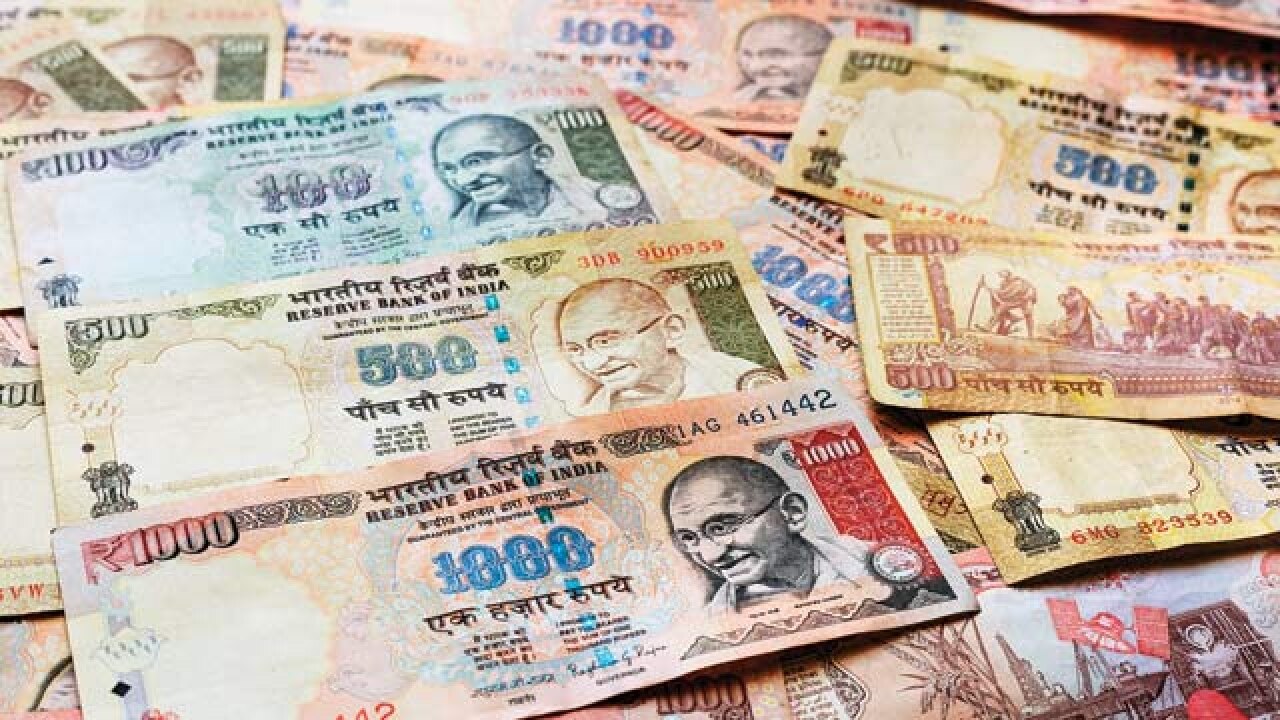
Across India, the one conversation that unites everybody is cash—or, rather, the shortage of it. Politicians are making hay while cash fails to shine even as Modi sarkar squirms in the spotlight it created for itself by demonetizing Rs 1,000 and Rs 500 notes last week. What the government thought was a masterstroke to win brownie points with the poor and middle classes is now getting it brickbats as angry queues snake out of bank branches and ATMs.
The truth is Indians are not as opposed to corruption and black money as the publicity material put out by Anna Hazare and Arvind Kejriwal in 2011 seemed to suggest. We are merely against the rich having a ball with the illegal hoards they generate. Most Indians envy the rich, but if given half a chance, they would be happy to receive a share of the loot rather than diss corruption. This is why convicted politicians get re-elected as long as they are seen as benevolently corrupt. The late Samuel Huntington, in his book Political Order in Changing Societies, observed that the poor accept political corruption as the route to their own economic advancement. What our political system has effectively done is create an alternative route to poverty alleviation for some people based on black money. Cash is the inevitable consequence of such a patronage-based economy.
The long queues outside banks attest to the fact that too many Indians are comfortable with holding physical cash. The main characteristic of cash is that it makes black money indistinguishable from white. So when cash is short, it disrupts. This is why even with 25 crore Jan Dhan accounts, millions of e-wallets and crores of credit and debit cards in circulation, small businesses, kirana shops, vegetable vendors, autos, cabbies, transport operators and small restaurants everywhere are reporting a serious drop in business. They are being disrupted not by lack of money or demand, but an overdependence on cash.
India’s cash-to-GDP ratio is close to 11 per cent, while the US’s is 7.9 per cent, reports Mint newspaper. Sweden’s is 1.7 percent. The reason why the US has such a high ratio of cash for a developed economy is its internationalised currency. The US dollar is held as cash by non-US nationals everywhere. If Uncle Sam ever demonetizes the $100 note, there will be queues not only in the US, but across the globe. The dollar is the biggest store of black wealth outside the US after gold. The import of these observations is this: there is as much black money among the poor and non-poor (ie, the new consuming class that has emerged out of poverty) as the rich; the difference is in the averages. The average ticket size of tax evasion may run into hundreds or a few thousand rupees at the bottom of the pyramid, while at the top it clearly runs into crores. Evidence: post-demonetization, banks have been reporting a sudden surge in deposits in zero-balance Jan Dhan accounts, with one branch manager in Agra being quoted as saying that 30 per cent of his Jan Dhan accounts are now flush with Rs 49,000 each (the reason being, when you reach Rs 50,000, you need a PAN number).
The poor and non-poor are no angels when it comes to handling black money, even though they may not always be aware of it. The real opportunity in the demonetisation drive is, thus, not the elimination of black money, but its effective monetisation for all Indians. Our problem is not too little cash (even if temporary), but too much of it, where millions of ordinary Indians are cash-carrying sepoys of the real rich. The demonetization of Rs 500 and Rs 1,000 notes is a crisis we must use to bring these millions into the formal and monetised part of the economy.
The point is not to harass the non-poor in case they deposit large sums of cash, either their own or those of the rich, but to start bringing them into the banking system. What Jan Dhan could not achieve, demonetization can.
This is even more important in the case of small businesses and traders, for they are not poor, but still collectively evade large amounts of tax.
Demonetization is also a sampler of the pain we will go through when we introduce the Goods and Services Tax. GST is about bringing lakhs of small businesses and traders into the tax system; in the process, millions of ordinary consumers in India will also start paying indirect taxes, many for the first time.
The author is a senior journalist and Editorial Director of Swarajya magazine.